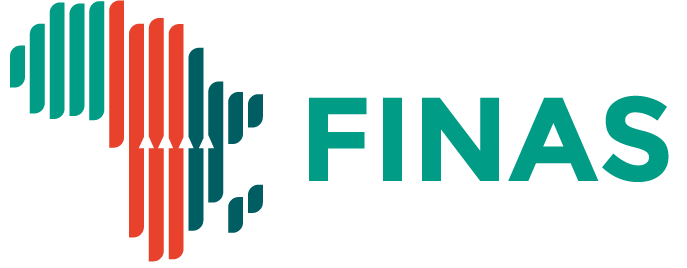The Secretariat, would like to make it easier for journalists to access information about the Financing Agri-food Systems Sustainably Summit by offering accreditation, awarded exclusively for the purposes of journalistic reporting.
Media practitioners who can provide the following proof of journalistic (including photojournalistic) practice may seek accreditation:
-
- By presenting 3 by-line articles published no earlier than six months before the time of the event.
- By presenting a valid identification document in which they are named as reporters, editors, editorial staff, camera operators and which should not have expired at the time of the event.
- Website link to an online publication that is well established and that has adequate reach. For the online media, they must have been in existence for at least three months, and must produce at least 3 most recent articles.
- Holders of a valid press card from the Media Council of Kenya (MCK) for local journalists, and from accreditation councils for foreign journalists.
Presenting a press card is not a holistic proof of accreditation. The FINAS Secretariat reserves the right to request further proof of journalistic employment or accreditation.
The following groups of persons shall not be accredited:
- Persons without journalistic credentials, such as account managers, sales persons, advertising managers, or PR consultants.
